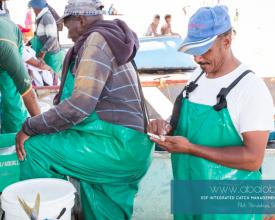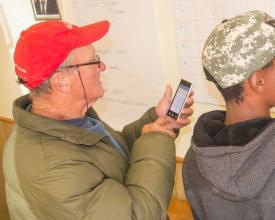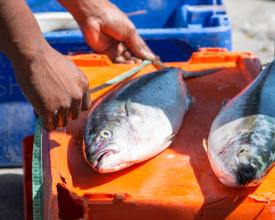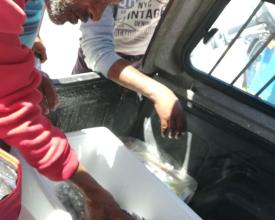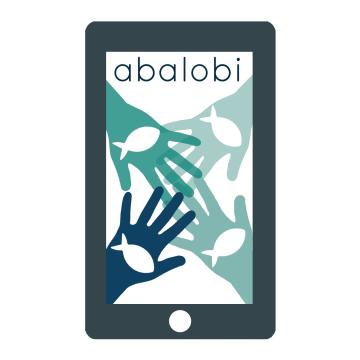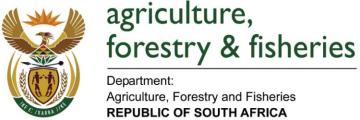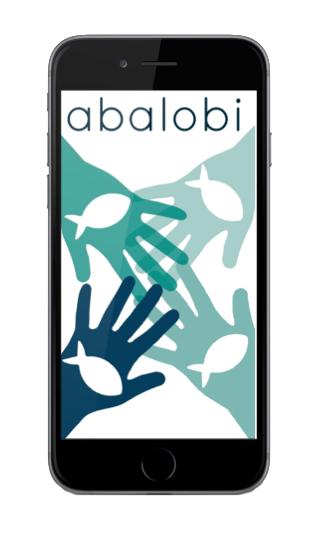
ABALOBI : Les TIC au service de la gouvernance de la pêche à petite échelle
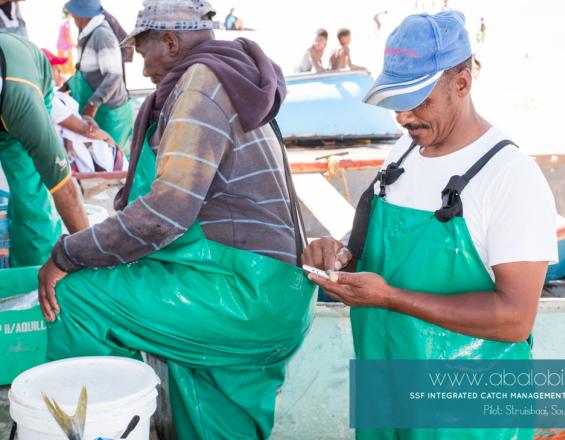
L'initiative ABALOBI est un projet de recherche transdisciplinaire et d'apprentissage social qui rassemble les parties prenantes, les pêcheurs traditionnels occupant une place centrale. Il s'agit d'un projet de recherche participative avec une forte composante de développement communautaire. ABALOBI, une application/un programme gratuit, a pour objectif la justice sociale et la réduction de la pauvreté dans la chaîne de la pêche artisanale, la transformation de la manière dont nous produisons les connaissances, la gestion de nos ressources marines et le renforcement de la résilience face au changement climatique.
Contexte
Défis à relever
Établir une base de connaissances, développer un journal de bord, responsabiliser les pêcheurs dans les chaînes de valeur. Les pêcheries à petite échelle ne disposent que de peu de données. Par conséquent, les pêcheurs peuvent ne pas considérer comme légitimes les réglementations issues des évaluations. Les parties prenantes doivent mieux comprendre la nécessité d'une gestion adaptative, ce qui peut se faire grâce aux données sur les captures et les ventes, aux tendances des captures ou aux changements océaniques et atmosphériques. En établissant des relations étroites avec les détaillants, les pêcheurs peuvent obtenir de meilleurs prix et explorer les systèmes de traçabilité.
Emplacement
Traiter
Résumé du processus
La durabilité des pêcheries et des communautés de pêcheurs, tout en promouvant la réforme de la gouvernance et en soutenant les politiques, ne peut être atteinte qu'en acceptant que de nombreuses parties prenantes ont des intérêts et des points de vue différents sur la pêche. Tel doit être le point de départ. Mais il s'agit également d'un processus continu. La sensibilisation et l'éducation à une vision particulière de la gestion de la pêche ne présentent que des avantages limités et tendent même souvent à créer des tensions et des conflits entre les parties prenantes. Prendre un peu de recul et créer une base de connaissances communes grâce à l'apprentissage social ouvre la voie à une véritable cogestion et à l'intégration d'aspects de la pêche qui ne sont pas souvent pris en compte dans les processus décisionnels. Les deux éléments constitutifs de cette initiative se renforcent mutuellement et s'enrichissent l'un l'autre.
Blocs de construction
Processus d'apprentissage social transdisciplinaire
Facteurs favorables
Leçon apprise
Co-conception de la suite d'applications et co-production de connaissances
Facteurs favorables
Leçon apprise
Impacts
- Les pêcheurs, les contrôleurs et les coopératives ont activement enregistré les captures et les variables associées dans des carnets de bord quotidiens et des tableaux de bord. Des ateliers réguliers ont permis d'affiner les fonctions d'enregistrement et de déclaration ainsi que l'utilisation du tableau de bord. Grâce à la collecte de données et à la discussion des tendances émergentes lors des ateliers, les pêcheurs ont écrit des lettres au ministre pour demander l'arrêt de la surexploitation d'une espèce de poisson particulière, d'autres ont discuté des implications liées au changement climatique et suggéré de nouvelles réponses d'adaptation, et d'autres encore ont utilisé les données pour demander des prêts afin d'acheter de meilleurs équipements de sécurité.
- En novembre 2015, le ministre de la pêche a approuvé ABALOBI en tant que système officiel de gestion des captures pour la mise en œuvre de la nouvelle politique de pêche à petite échelle.
- Les pêcheurs de l'un des sites pilotes se sont regroupés pour discuter et se préparer à la mise en œuvre de la politique, et ont réussi à s'engager avec un détaillant intéressé par l'achat de plusieurs espèces de fruits de mer dans un projet d'amélioration de la pêche qui verra l'utilisation d'ABALOBI pour la traçabilité, et un type de certification du commerce équitable.
- ABALOBI a maintenant lancé une pêcherie soutenue par un restaurant via l'application MARKETPLACE, où les pêcheurs peuvent vendre leurs produits à un prix équitable et où les clients peuvent acheter des produits de la mer frais et entièrement traçables.
Bénéficiaires
Les pêcheurs artisanaux qui utilisent la plate-forme dans leurs activités quotidiennes, l'Autorité de la pêche qui mettra en œuvre la nouvelle politique de la pêche artisanale, les diverses agences gouvernementales et non gouvernementales qui encouragent les possibilités de développement local, les chefs cuisiniers.
Objectifs de développement durable
Histoire
Le petit village de pêcheurs de Struisbaai est l'une des cinq zones où Abalobi est piloté. Struisbaai est situé près du cap Agulhas, où les océans Indien et Atlantique se rencontrent, et le port est le point central autour duquel le village fonctionne. L'état de la mer et les conditions météorologiques déterminent si les pêcheurs peuvent sortir en mer. Lorsque GroundUp s'est rendu à Struisbaai, les conditions étaient mauvaises, ce qui signifie qu'il n'y avait que quelques bateaux en mer. À la mi-journée, les bateaux - dont beaucoup semblaient avoir besoin de réparations - ont commencé à accoster et à débarquer leurs prises : du thon à nageoires jaunes, du thazard et quelques petits requins ont été débarqués des bateaux. Niklaas Joorst, le capitaine de l'un des bateaux, est l'un des cinq pêcheurs de Struisbaai impliqués dans le projet pilote d'Abalobi. Il pense que l'application "aidera beaucoup de monde" si tous les pêcheurs de Sruisbaai peuvent l'utiliser, l'un des principaux avantages étant de pouvoir fixer les prix entre les pêcheurs afin d'accroître leur pouvoir de négociation. D'un point de vue plus général, cela signifierait également que les informations obtenues par la gestion de la pêche sont exactes, à jour et reflètent la situation de tous les pêcheurs en mer. Joorst enregistre toutes ses données dans l'application lorsqu'il revient de la mer. Il dit que cela l'a beaucoup aidé car il peut revoir ses données chaque mois, en examinant ses revenus, ses dépenses et ses prises. Le système Abalobi rendrait obsolètes les fameux "livres bleus". C'est dans ces carnets que les pêcheurs enregistrent actuellement les données relatives à leurs prises, un processus qui prend beaucoup de temps et qui, souvent, ne permet pas aux pêcheurs eux-mêmes d'obtenir un retour d'information adéquat. "L'Abalobi est un bien meilleur système [que les livres bleus]", affirme Joorst. Josias Marthinus, contrôleur des données de capture à Struisbaai, partage cet avis. Le travail de Marthinus consiste à enregistrer les données de chaque pêcheur, telles que le poids de la prise et l'espèce, qui sont ensuite transmises au département. Actuellement, il doit tout écrire à la main et les données ne sont collectées qu'une fois par mois. "Nous restons assis avec les données tout le mois", dit-il, "j'utilise beaucoup de feuilles de papier par bateau". Marthinus est désormais équipé d'une tablette dotée de l'application Abalobi, ce qui signifie qu'en quelques clics, il est en mesure de remplir les données relatives aux prises de chaque pêcheur. Selon Marthinus, les données saisies dans l'application peuvent aider les pêcheurs à obtenir des prêts bancaires pour réparer leurs bateaux et à payer leurs impôts, car ils disposent désormais de données détaillées sur leurs revenus et leurs dépenses.

